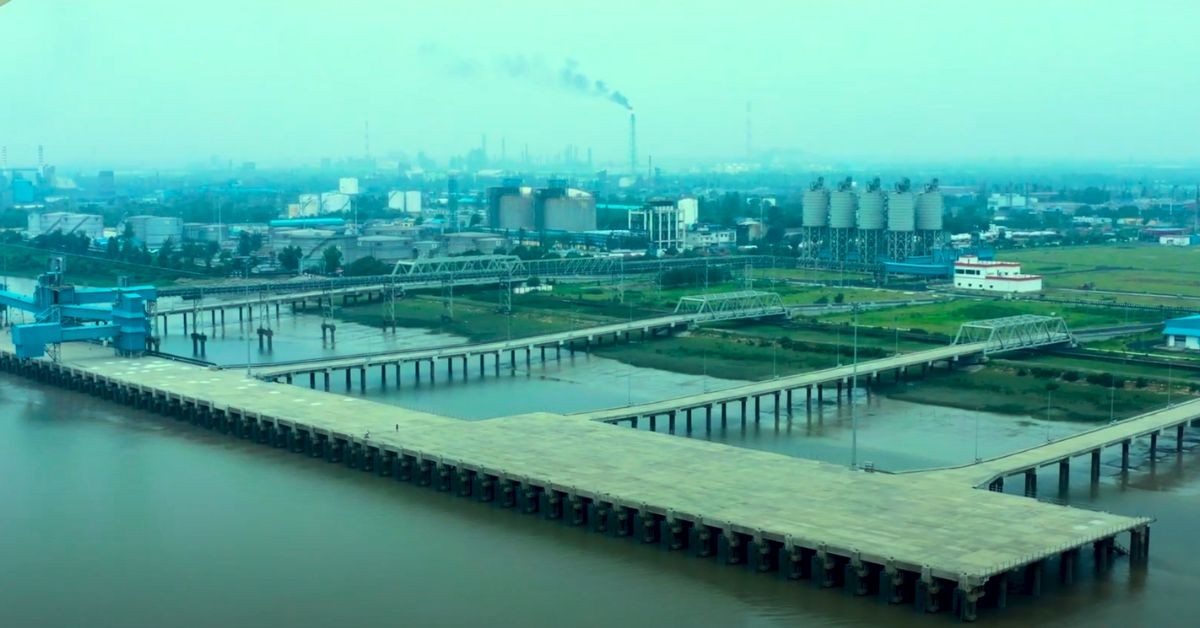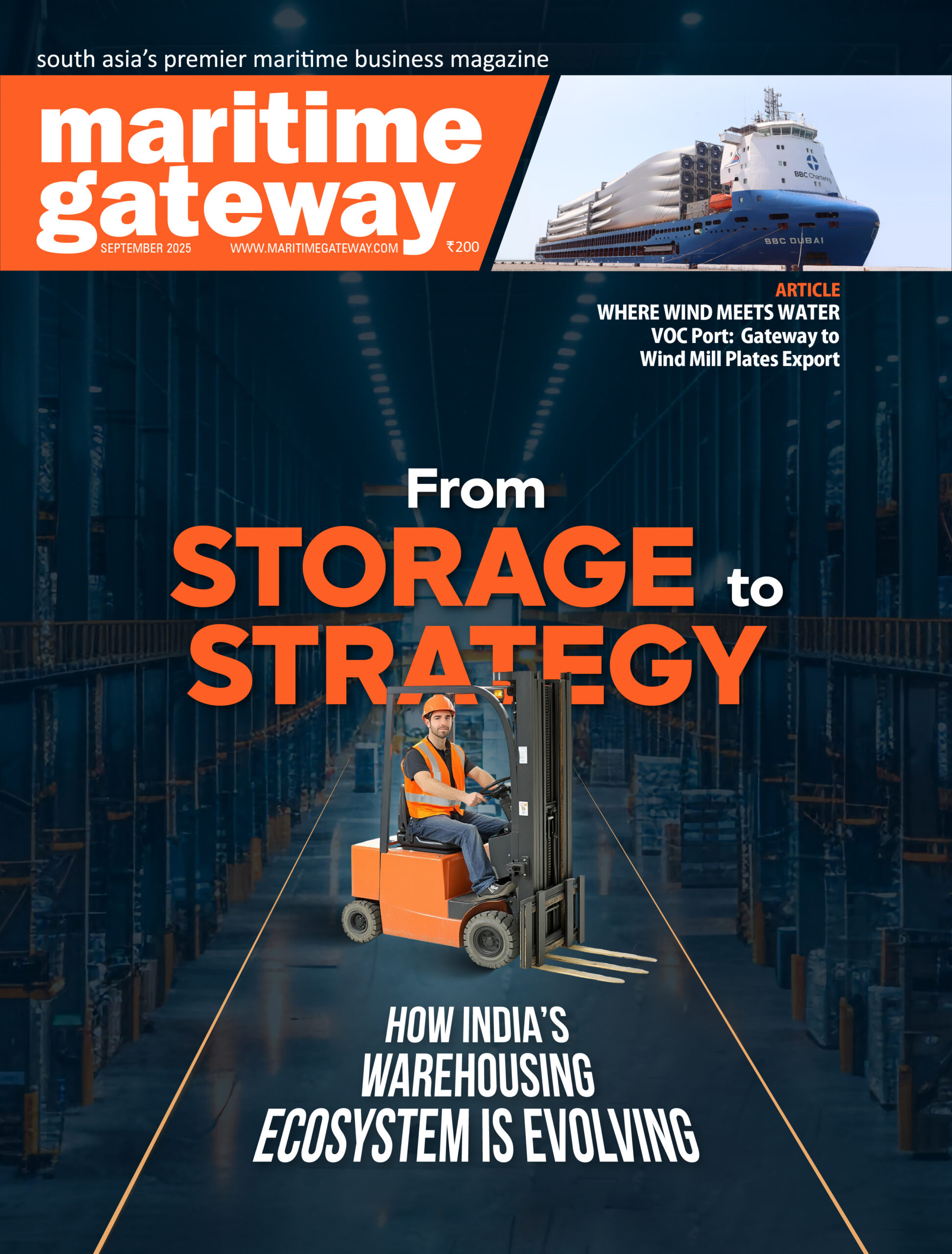The Inland Waterways Authority of India (IWAI) has officially handed over operations of the Haldia Multi-Modal Terminal (MMT) in West Bengal to IRC Natural Resources, marking a significant step in India’s efforts to expand cargo movement through its vast network of inland waterways.
Developed with financial and technical support from the World Bank, the Haldia terminal has a handling capacity of 3.08 million metric tonnes per annum (MMTPA). Since its inauguration by Prime Minister Narendra Modi on January 13, 2023, the terminal has been positioned as a key node for boosting multimodal logistics in eastern India.
Located with direct access to National Highway 41 and upcoming rail links, the terminal is designed to function as an integrated multimodal logistics hub. It will play a critical role in facilitating trade through National Waterway-1 — the Ganga–Bhagirathi–Hooghly river system — which connects Uttar Pradesh, Bihar, Jharkhand, and West Bengal. The route offers a faster, cleaner, and more economical alternative for moving bulk cargo, particularly toward India’s North Eastern states and neighbouring Bangladesh.
Under the Public–Private Partnership (PPP) model, IWAI adopted an Equip, Operate, and Transfer (EOT) framework. IRC Natural Resources was selected through a competitive bidding process and granted a 10-year concession, extendable by another five years, to manage and maintain the facility. As part of the agreement, the operator will pay IWAI a royalty of ₹105.03 per metric tonne of cargo handled—creating a new and consistent revenue stream for the authority.
The Haldia MMT is the first of five major terminals being developed under the Jal Marg Vikas Project (JMVP). Complementary initiatives under the project include the construction of additional terminals, modernization of navigational locks, fairway maintenance, and the establishment of more than 60 jetties. Together, these will underpin a robust, efficient, and sustainable river-based logistics network.
By enabling high-volume cargo transport at lower costs, the Haldia terminal is expected to reduce logistics expenses for businesses while cutting carbon emissions and easing congestion on road and rail networks. The PPP model also ensures private sector expertise and operational efficiency under close regulatory oversight—laying the groundwork for a new era of inland waterway transport in India.









